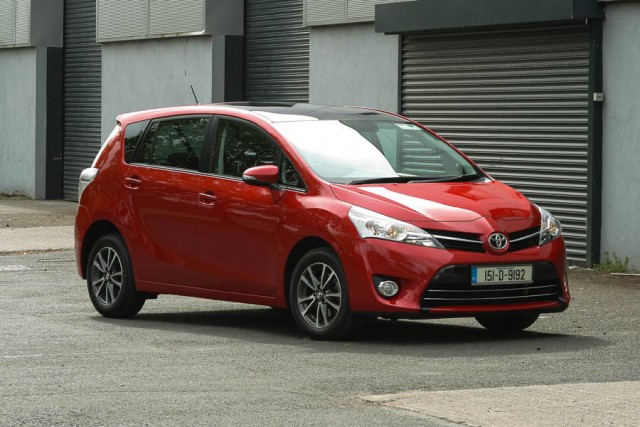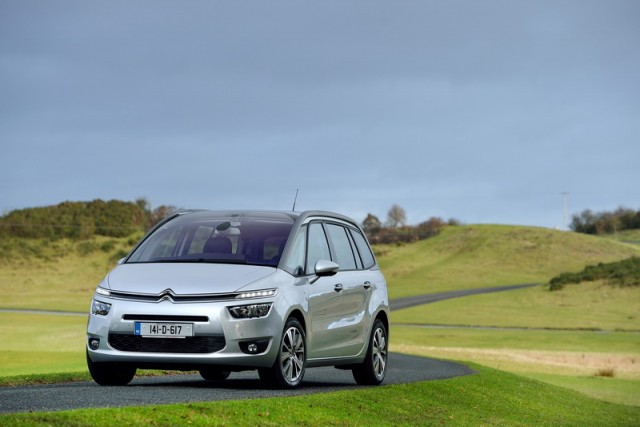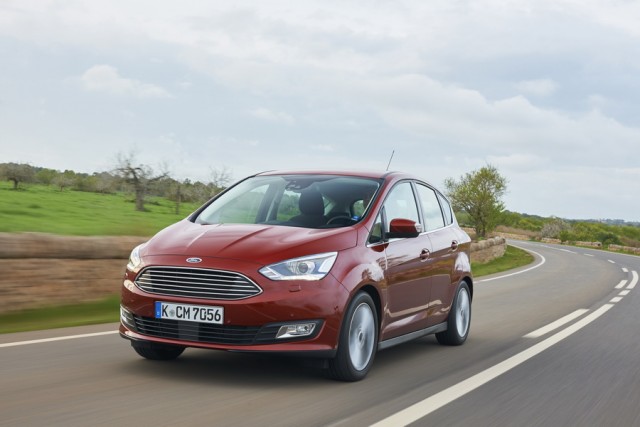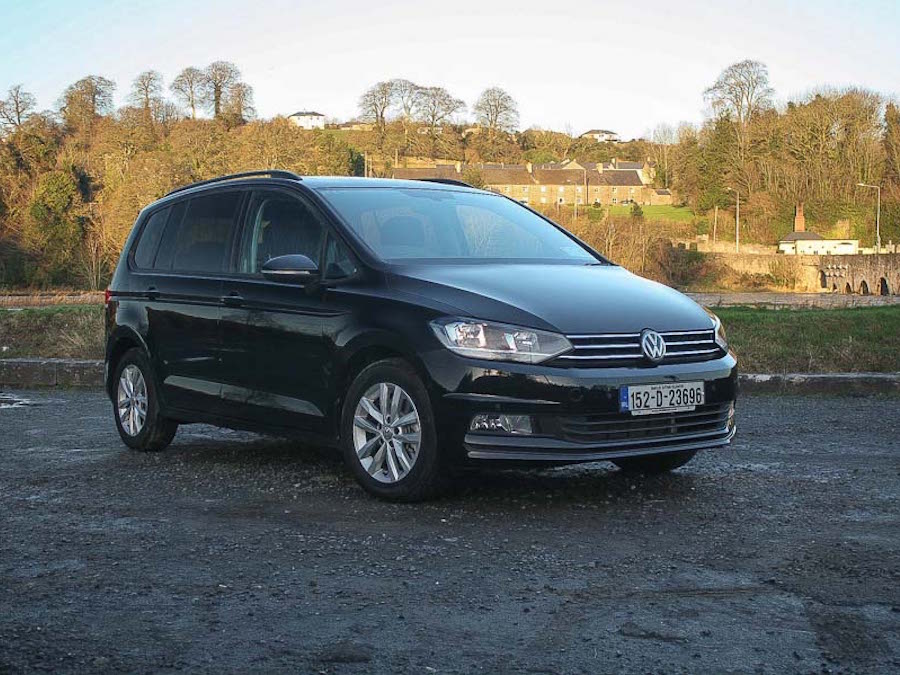Good: better looking than you might think, very practical, comfortable, excellent quality, sweet diesel
Not so good: no fun at all to drive, boot smaller than in some rivals
Test conducted on pre-facelift 2010 model
You're going to expect this review to say that the Toyota Verso MPV is more beige than Terry Wogan's sock drawer, aren't you? You're going to expect me to say that driving the Toyota Verso is the motoring equivalent of your kids playing with the cardboard box that the expensive toys came in. You're going to expect me to say that there are so many more, shinier, more exciting options just over here...
Well, you're partially right but there's a bit more to it than that. Let's start with the looks, which are, to my eyes at any rate, rather surprisingly handsome. OK, so it's no Citroen C4 Picasso in the looks department, but I think with that sharply-angled front end and the tidy rear, Toyota has done a rather better job than you might have imagined - the Verso manages to not be just another bland mono-box. Perhaps the cherry red paintwork of our test car helped, rather, in that respect, as did the big glass roof that gives this model its 'Skyview' badge.
That roof certainly helps to lift the interior, which would otherwise be rather dark and sombre. Toyota has apparently cornered the global market in dark grey plastics, but you can certainly feel the quality and heft in every component, and things like the steering wheel have a lovely, silky-smooth feel to them. Quality like this doesn't come easy, so it's a shame that the effect is slightly spoiled by centrally-mounted instruments. You could be in anything from a Dacia to a Rolls-Royce, but centrally-mounted dials always and invariably look cheap to me.
Space is on the very good side though, which is surely the whole point of having an MPV in the first place. The front seats are broad, comfortable and supportive and there are three individual seats across the middle - critical for many going families these days. Those seats all slide, tilt and fold individually and there is plenty of legroom back there even for tall passengers. The third row, as it usually is with compact people carriers such as this, is strictly for smaller kids only, and even then, you'll struggle for legroom when those kids are in bulky child car seats - best kept for occasional use only, really.
The boot is also a slight disappointment. At 440 litres with the third row of seats folded down, it's a bit smaller than what you'd get in, say, a Ford C-Max or Citroen Picasso. On the good side though, flipping, sliding and folding the seats is really easy and with a bit of practice, you'll be able to do it one-handed.
Now, it may come as something of a surprise, but this Toyota is actually packing a BMW engine. Toyota and BMW have a close and cuddly platform and technology sharing agreement (a next-gen conjoined Supra and Z4 is currently under development) and being as Toyota reckons its diesel engine expertise is still a little lacking, it's bought in a supply of 115hp 1.6-litre diesel motors from BMW. Essentially, it's the same engine that you found in the last-generation MINI, but Toyota's engineers have given it the once-over and fitted their own engine management system. It's reckoned to be about eight per cent more efficient than the old 2.0-litre D-4D engine and it's round 20kg lighter too.
It's a little bit grumbly and noisy at times, although those noises are always pretty well suppressed and kept down at the bass end of the scale. Performance, with 115hp and 270Nm of torque, is hardly going to be exciting but it's brisk enough for most purposes and the official 62mpg fuel economy rating feels like it's hovering on the edge of fact and fiction. It's not as efficient as some rivals are though - a C4 Picasso sits a tax band lower with its 109g/km rating, compared to the Toyota's 119g/km. There's only a tenner in the difference per year, but it doesn't look good on the spec sheet.
What's also not good is the steering, which is so devoid of feel and feedback, and indeed weighting, that the Verso becomes something of a chore on a twisty road. You just spend the whole time tip-toeing around corners because you have absolutely no clue what the front wheels are doing. I know that sounds like a typically over-testosterone'd road tester complaint, but actually I think it's something of a safety issue - even a driver who doesn't care about driving is going to respond to the messages coming from a good steering setup, so come on Toyota; start giving us racks that talk to us. We know you can.
Still, keep it to straight lines and the Verso is a comfy, quiet, competent cruiser and that generous glazing area means it's easy to thread through gaps in town, which is probably more pertinent than its twisty road performance.
It would be very easy to dismiss the Verso as yet another faceless, joyless, just-add-driver car, but to be fair to it, it's better than that. It's good looking, beautifully built and very practical. It'll be reliable and spacious and that's what counts more for most family buyers. If Toyota would make it a bit more engaging to drive, it would easily sit atop the segment, but for our money, there are more engaging choices elsewhere.



































